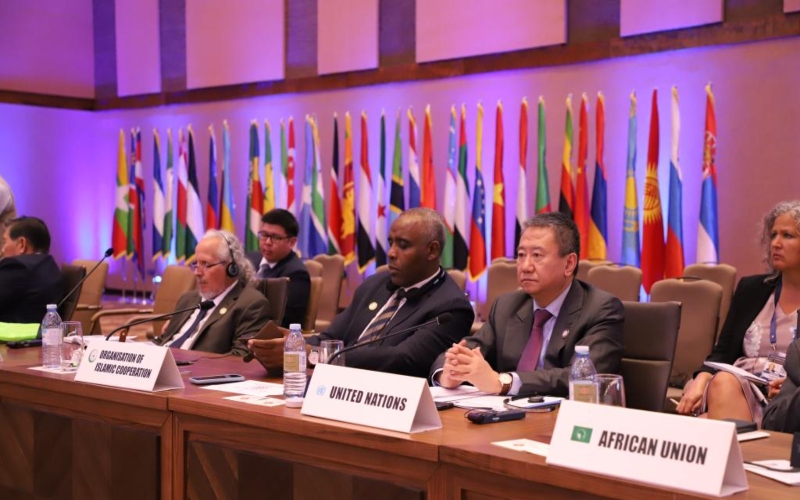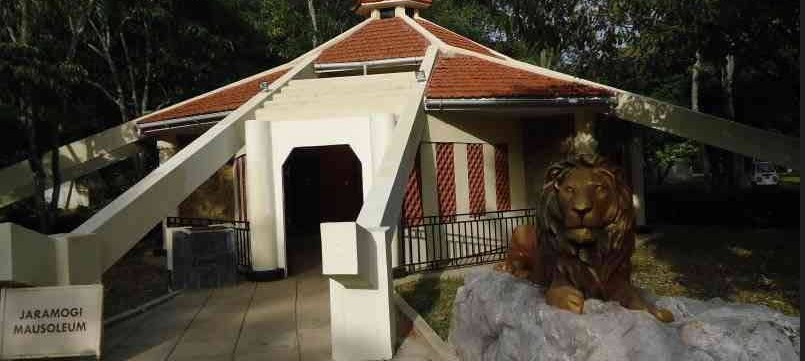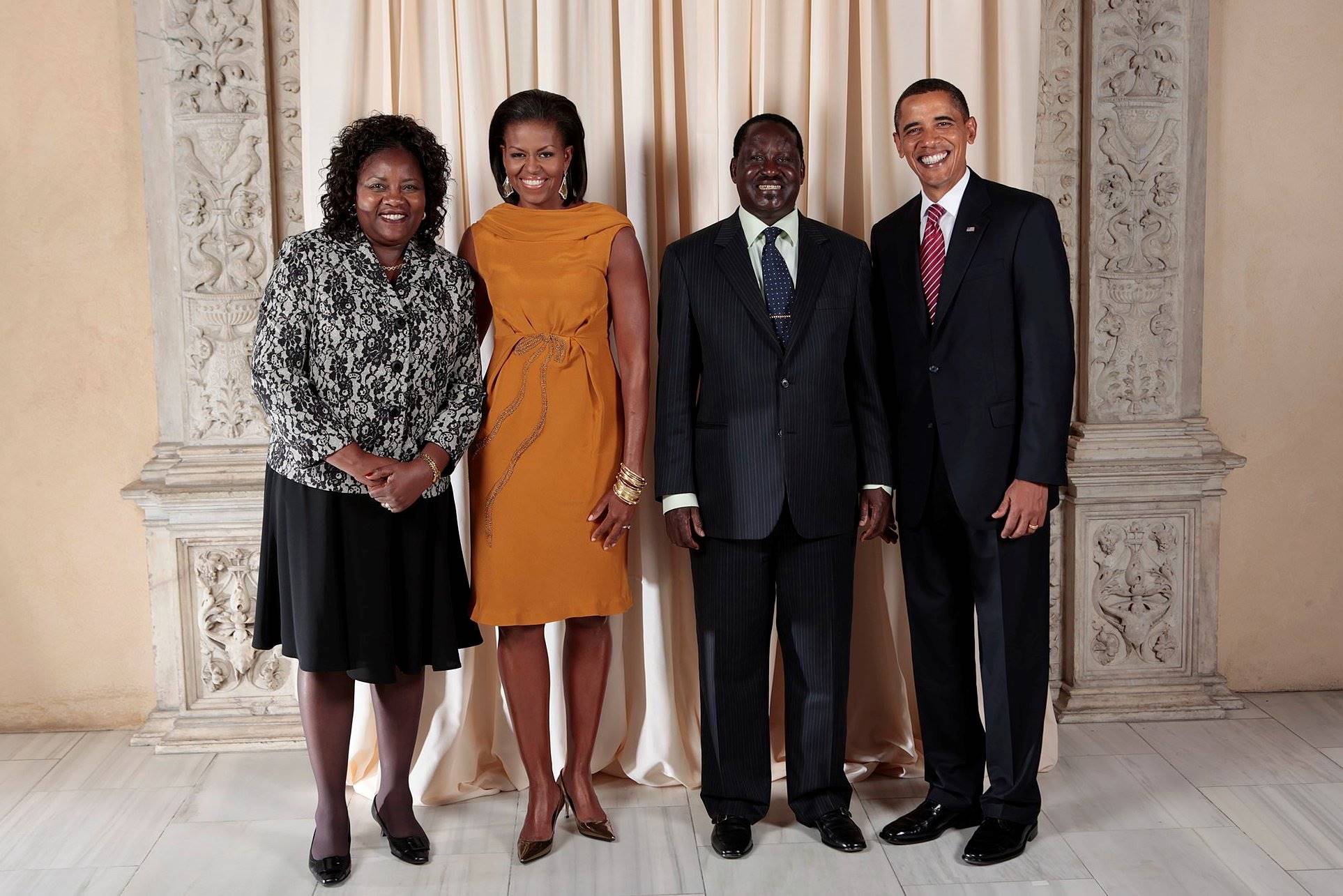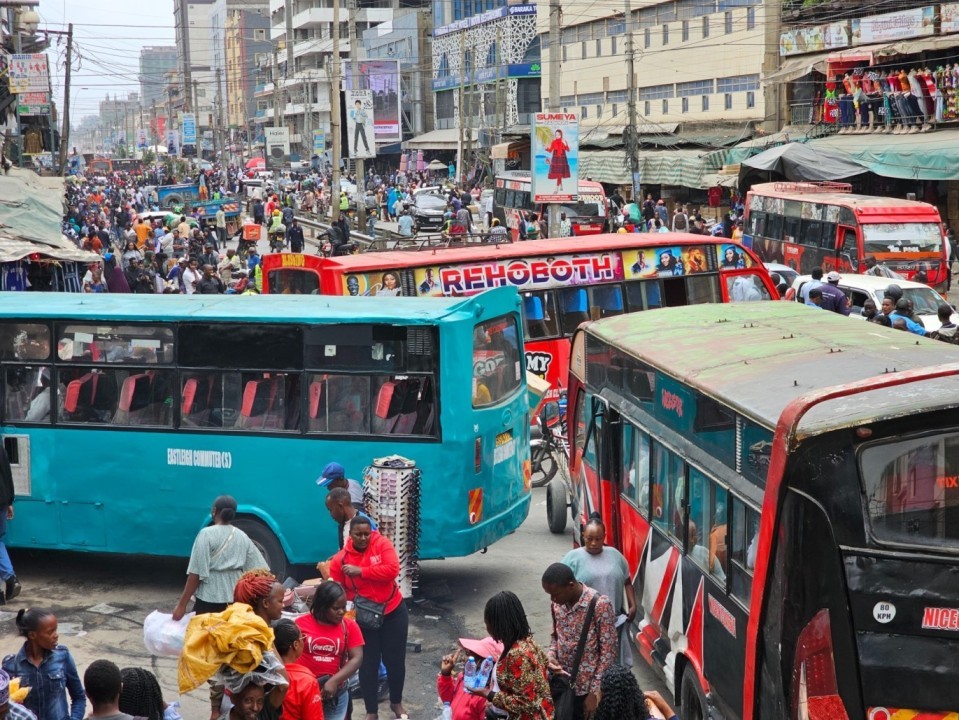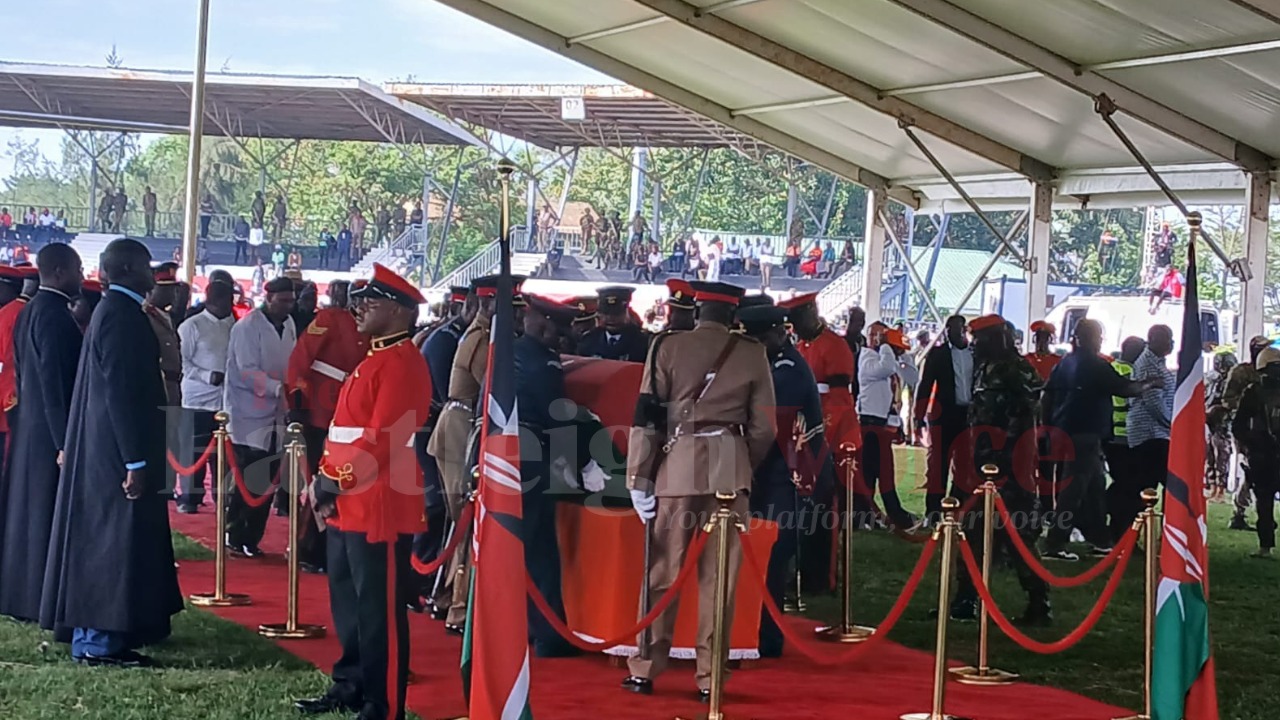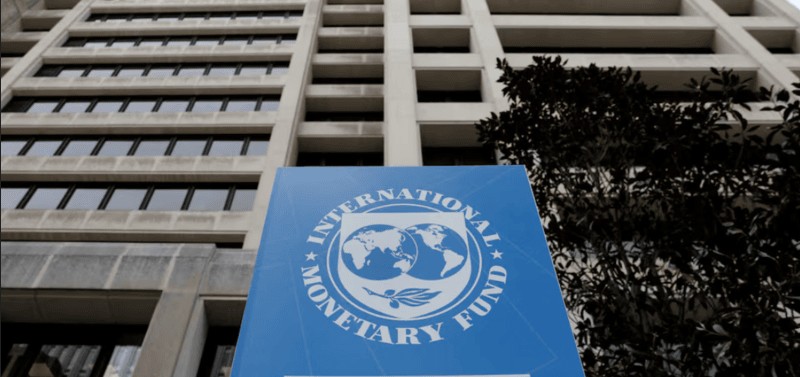State efforts pay off as Kenya records surge in fish production
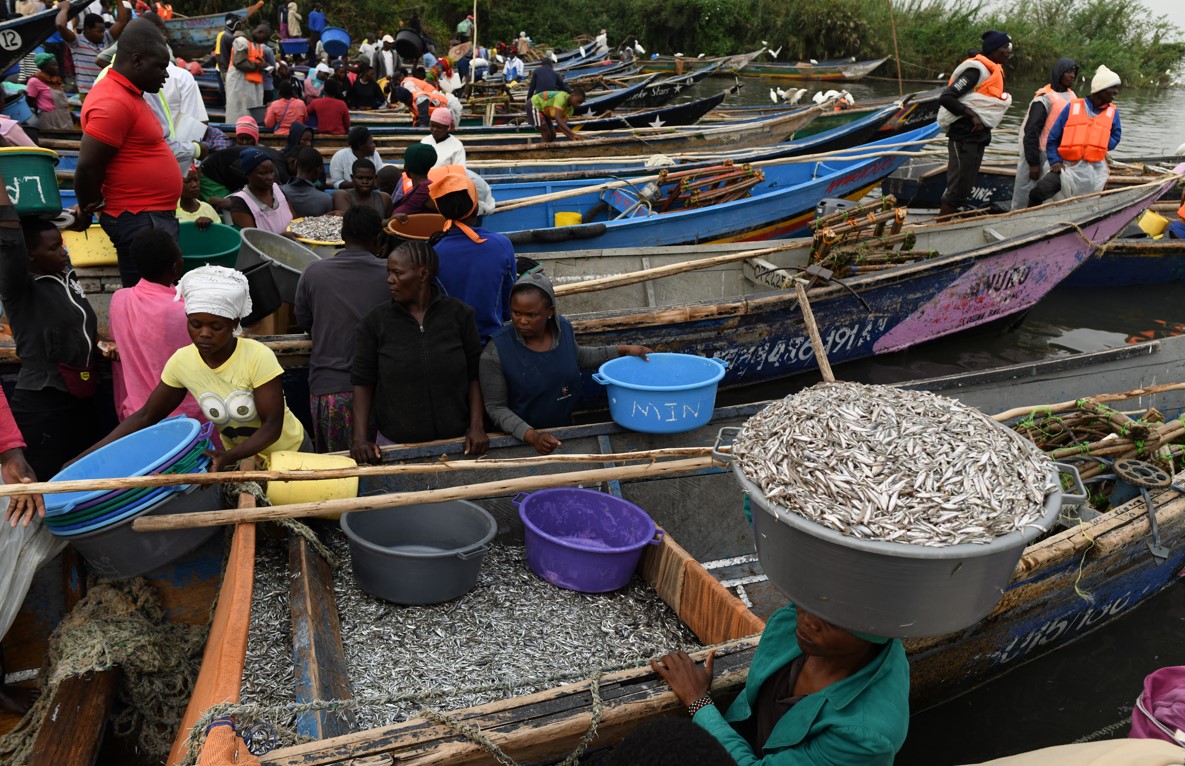
Last year, annual fish production significantly improved from 4,000 metric tonnes to 30,000 metric tonnes.
Kenya experienced a surge in fish production last year, exceeding 30,000 metric tonnes, a significant improvement from previous years when annual production was as low as 4,000 metric tonnes, the government has said.
This positive development is particularly important given concerns raised by sector stakeholders about declining fish catches attributed to the over-exploitation of marine ecosystems.
More To Read
- Child malnutrition in Kenya: AI model can forecast rates six months before they become critical
- Lake Victoria fish farmers seek government aid to counter cross-border harassment
- Tanzania’s green gold rush: How avocado waste is hurting farmers and what should be done
- Contaminated water from River Kibos blamed for fish deaths at Dunga Beach
- Kenya poised for record maize harvest of 70 million bags in 2025- Kagwe
- Experts push for food fortification as Kenya’s nutrition crisis deepens
The increasing focus on aquaculture is now viewed as a crucial solution to address the supply gap for this essential food source.
Principal Secretary for Blue Economy and Fisheries Betsy Njagi said the government's commitment to boost fish production by promoting aquaculture, supplying fingerlings to farmers, and establishing excellence centres for seed accessibility.
“The government has collaborated with the private sector to address challenges in providing quality feeds for fish farmers,” she said.
Njagi also noted the partnership between the Ministry of Fisheries, Aquaculture, and Blue Economy and the AU–Inter-African Bureau for Animal Resources (AU-IBAR) has assisted in enhancing aquaculture efforts.
Aquaculture presently contributes only 2.7 per cent to the national fish catch, and the anticipated annual fish supply deficit of 50,000 metric tonnes is expected to rise to 75,000 by 2030 if per capita fish consumption remains at 4.3 kilogrammes.
Challenges
During a three-day conference held in Kenya last week, the Annual Aquaculture Network for Africa (ANAF) member states were informed by the PS that challenges like subpar seed quality and expensive fish feed impede aquaculture progress, urging stakeholders to swiftly address these issues.
“The established centres of excellence will mitigate the high cost of fish feed and enhance the production of high-quality fish fingerlings in the country,” said PS Njagi.
As part of the government's commitment to improving the aquaculture value chain, the PS highlighted the significance of establishing the Kabonyo Fisheries Aquaculture Service and Training Centre of Excellence in Kisumu County, emphasising its role in ensuring a consistent supply of high-quality fish seed.
The PS urged member states to actively promote and expand aquaculture activities in their respective countries to enhance food security and alleviate poverty.
Emphasising the importance of fish in the citizens' food baskets and social safety nets, she encouraged member states to focus on industry or market-led aquaculture development for the benefits of food security, income, and wealth creation.
Director of Fisheries Lucy Obungu noted collaborative efforts with the security apparatus to combat illegal fishing, a practice detrimental to the country's revenue and leading to the depletion of fish stocks.
Highlighting the urgency of addressing challenges in the aquaculture sub-sector, Dr David Balikowa from the EAC Secretariat emphasised its role not only in food and nutritional security but also in economic empowerment. He called for prompt action in tackling emerging issues within the aquaculture industry.
The Director of AU-IBAR Huyam Salim stressed the potential of aquaculture in providing food security and economic empowerment in Africa, advocating for partnerships between governments and the private sector for effective aquaculture production.
Top Stories Today

